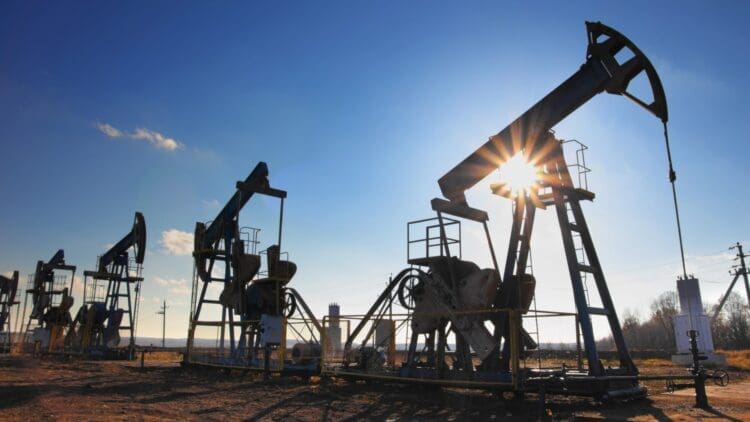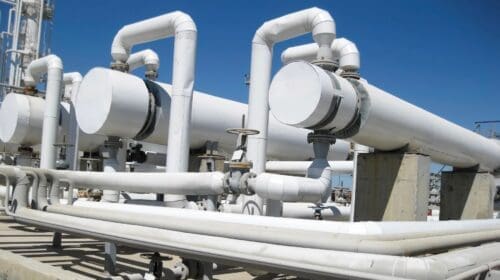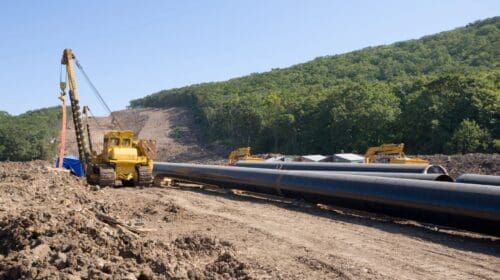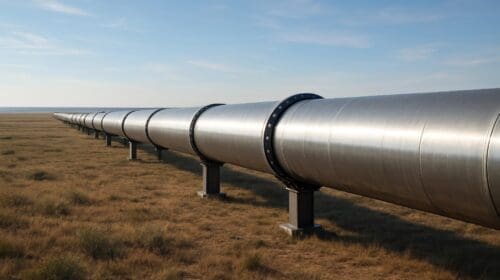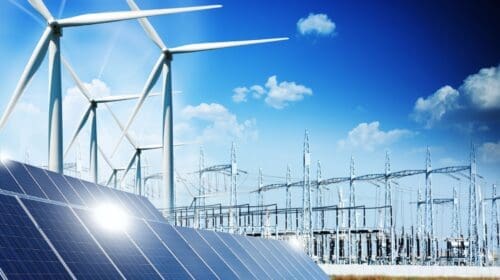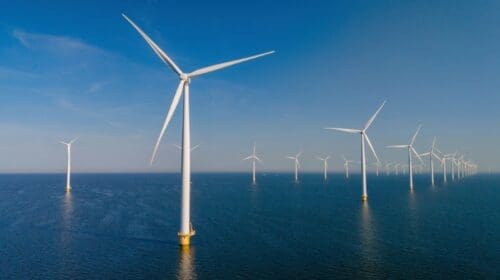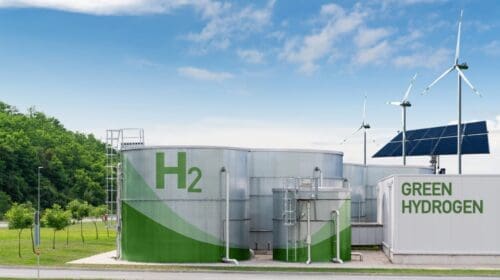As the Russian invasion of Ukraine rages on, the EU has issued new rules to block indirect Russian oil flows through refiners. Following the invasion of Ukraine, which was four years ago now, a multitude of nations have attempted to cut ties with Russia through a litany of sanctions and policies that prevent Russian gas and oil from entering the international market. Now, the EU has issued a new document that outlines possible measures that nations and companies can take to ensure that they are not using Russian oil in any shape or form.
Importers will need to prove that their fuels were not made with Russian crude
As the Ukraine war has no end in sight, the nations that support Ukraine in its fight against Russian tyranny have contemplated several measures to strangle the Russian energy market, which many states, is the main driver behind the war in Ukraine.
In that regard, the EU has released a document that outlines potential measures that importers of oil can undertake to ensure their oil is not Russian-made. The document outlines guidance on the EU’s forthcoming ban on fuels refined from Russian oil, as part of its 18th package of sanctions against Russia.
Operators will need to provide concrete evidence to prove their oil was not made from Russian crude
The EU has stated that operators will need to provide “appropriate proof” to EU Customs to prove where the crude oil that was used to refine the fuel came from, with a few exceptions. The EU recommends that importers insert clauses in their contracts with suppliers in order to ensure non-Russian crude origin, which would allow them to kick the can of liability further down the road.
However, the integrated supply chain of the energy market means that several nations still do business with Russia. India, China, and Turkey still import Russian crude to produce oil, which means that operators must “exercise increased due diligence” when importing fuels from those nations, according to the EU.
While the new policy applies to all member states, there are some exceptions to the rule
The EU has noted that while the new rules apply to all member states, there are several exceptions. They have noted that the ban does not include partner countries and net crude exporters. Which means that Canada, the United Kingdom, the United States, Norway, and Switzerland are exempt.
Fuel imports from countries that were net exporters of crude in the previous calendar year are also exempt, but may still face scrutiny. However, the net-exporter status could be challenged if a country imports “significant and disproportionate” volumes of Russian crude.
As several nations have noted their preparedness to operate without Russian energy, the EU has taken a step towards the penalization of the use of Russian crude. That would exacerbate the already concerning energy issues in Moscow, which has seen long lines of residents outside gas stations as the nation’s energy supply dwindles.
The EU’s new rules to block indirect Russian oil flows will strengthen the pressure on Moscow
Following the recent ceasefire that was declared between Hamas and Israel, the world expected United States President Donald Trump to turn his attention to the Ukraine war and foster a dialogue that would enable negotiations between Russia and Ukraine. However, since the recent meeting between Trump and Putin in Alaska, the relationship between the U.S. and Russia has deteriorated. While Europe’s collapse of its coal sector is accelerating, the reliance on Russian-made oil and gas is set to end soon. The ban will take effect on January 21 next year, and the world waits with bated breath to see an end to the war in Ukraine.

